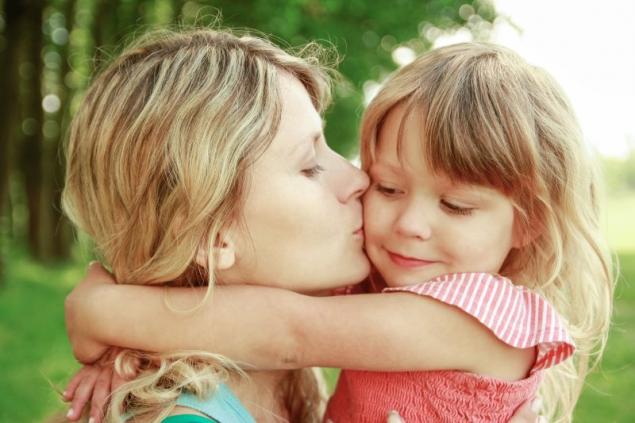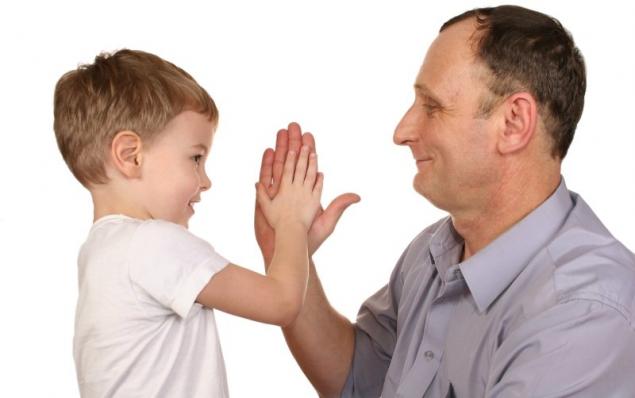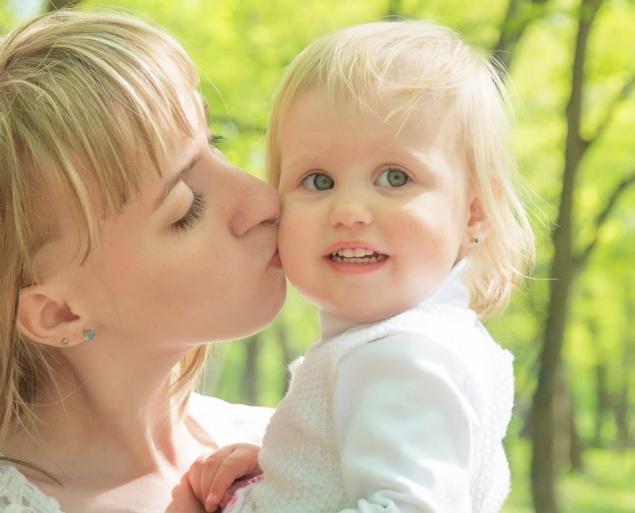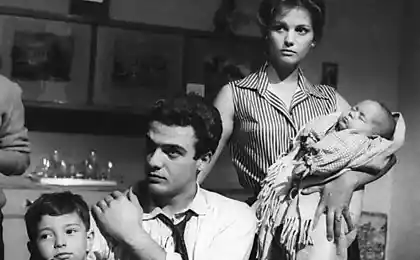172
Advice of elders on the education of children
Parents are obliged to raise their children as good Christians, and therefore must pay much attention to education. But what are the things to tell a child, how to instruct him, what to teach, what to pray for? Not every parent knows this.
So today's editorial office. "Site" offers to get acquainted with the statements of authoritative elders about the upbringing of children, and how to be carried out parenthood. It is worth listening to these words, and then harmony will reign in the family, and the child will be obedient and affectionate.

Duties of parents
As you can see, the elders are convinced that Parents must educate Their children are in peace and love, without resorting to punishment or even shouting. At the same time, for example, Paisy Svyatogorets believes that together with education, parents should be engaged in purifying their own soul – so that it shines. And if the spiritual life of the parents is pure, then their children will live in happiness.
So today's editorial office. "Site" offers to get acquainted with the statements of authoritative elders about the upbringing of children, and how to be carried out parenthood. It is worth listening to these words, and then harmony will reign in the family, and the child will be obedient and affectionate.

Duties of parents
- “Do not put pressure on a child because he cannot hear with his ears.”
Elder Porphyry offers to speak to the children with prayer, because only then will Divine grace come and enlighten them, communicate what you want to say. Just tell the Virgin and she'll make it work. The elder is sure that prayer is like a spiritual caress, and embraces children, and caresses.
- “Tell God more about a child than a child about God.”
Elder Epiphanius explains that the soul of a young man craves freedom, and therefore he is inclined to reject any advice. This means that it is not worth criticizing or advising here, but it is better to lay everything on Christ, the Mother of God and the saints, and They will reason with him. “Treat the child like a foal, then pull up, then loosen the bridle. When he kicks, release the bridle, or he'll tear it. And when he is humble, then just take him and lead him wherever you want, Epiphanius said.
- “Do not treat your child harshly.”
Elder Paisios is sure that a strict attitude will make the child worse. Do not try to push the child away from himself, otherwise he will break all ties and run away from the family. And then it may happen that he will return, but will not even come close because of your selfishness, and you will lose him completely.
- “To warn a child is the duty of a parent, and therefore yours.”
Elder Theophan the Recluse is sure that the words affectionate never irritate. At the same time, the commanding tone of productivity will not bring. God is merciful and prays day and night. Then the Lord will bless and allow us to avoid trouble even in ways that do not come to our minds.
- “It is good if the children become better than you. But don't go too far.
Archpriest Valerian Krechetov recalls how his son once asked to give him an elephant. The father explained that the elephant eats a lot and will be difficult to feed. He asked the child to set the table daily for training. After a couple of days, the son himself came to the conclusion that there would be a lot of problems with the elephant. Valerian Krechetov is sure that you can do anything with any person (good, of course), if love reigns between you. Therefore, a cordial relationship with a child should be cherished and try to avoid conflicts.
As you can see, the elders are convinced that Parents must educate Their children are in peace and love, without resorting to punishment or even shouting. At the same time, for example, Paisy Svyatogorets believes that together with education, parents should be engaged in purifying their own soul – so that it shines. And if the spiritual life of the parents is pure, then their children will live in happiness.
Instructions for the preparation of the Moldovan vertuta with cheese
Features of communication of parents of schoolchildren




























